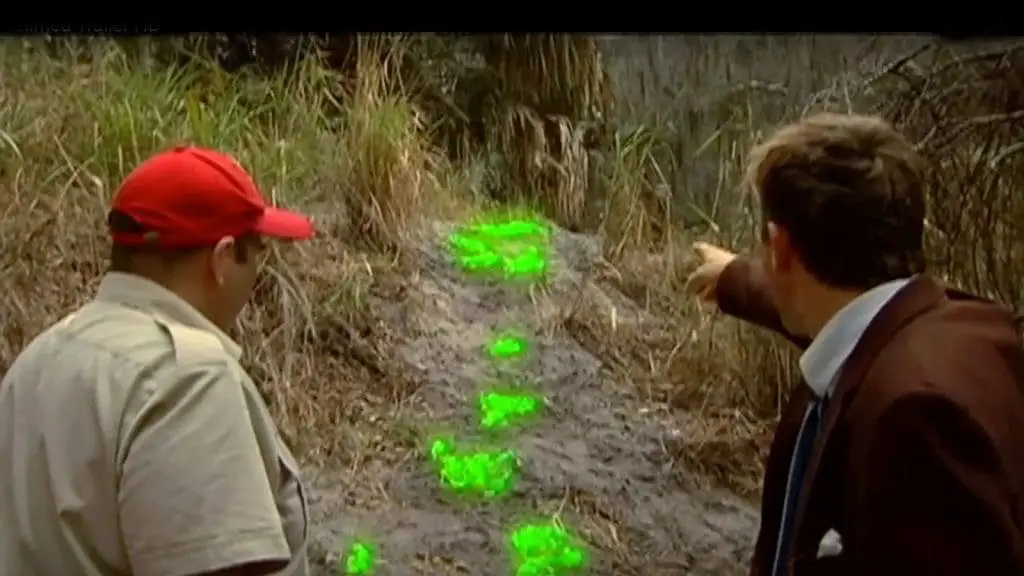
Despite the comic title, “A Time for Drunken Horses” is one of the most dismally dull films of the year. This Iranian production is a rare cinematic journey into the lives of the Kurdish people and the poverty of their existence along the Iran-Iraq border. Sadly, the film is a beautifully photographed yet emotionally inert experience.
“A Time for Drunken Horses” focuses on five young, motherless siblings who fend for themselves while their smuggler-father is away on business for endless periods. The children work a variety of menial chores but never quite gather enough money to stay comfortable and well-fed. One of the children is a deformed boy who desperately needs an operation to stave off an untimely death. The oldest sister agrees to sacrifice her happiness for her unfortunate brother’s life and accepts a marriage proposal from an Iraqi Kurdish family that agrees to pay for the deformed child’s operation. However, the new in-laws abruptly renege on their agreement, leaving the bewildered children in a desperate situation to find money to pay for the operation.
“A Time for Drunken Horses” was one of the winners of the Camera d’Or at this year’s Cannes Film Festival. Lord knows what the Cannes festival saw in this film. Director Badman Ghobadi paces the film with a funeral lethargy that drives the viewer to distraction and impatience, and his script never provides any personality or purpose for any of the characters. The children in the film are all non-professionals from Kurdish villages and, unfortunately, none of them resonate anything that could pass for a decent performance. The deformed child, Mehdi Ekhtiar-Dini, seems more like a prop than a person, and it feels almost exploitative to have him on screen. Saving this film from total monotony, however, is that the production offers this year’s very best cinematography. Sa’ed Nikzat’s lenswork captures the snow-covered mountains of Iranian Kurdistan with uncommon grace and the miserable villages with extraordinary power. Any student of cinematography should seek out this film only to appreciate Nikzat’s award-worthy work…though how one could get around the snooze-inducing story while studying the lenswork is another matter.
For those who are wondering, the title “A Time for Drunken Horses” refers to the practice of filling pack mules with vodka to make them travel the icy mountain paths which they would balk at handling while sober. The cruelty of that practice is mirrored by the cruelty of Shooting Gallery for bringing this boring movie to the United States. Foreign film addicts expecting another bravura addition to the Iranian New Wave will be in for a disappointment with this less-than-special little feature.
